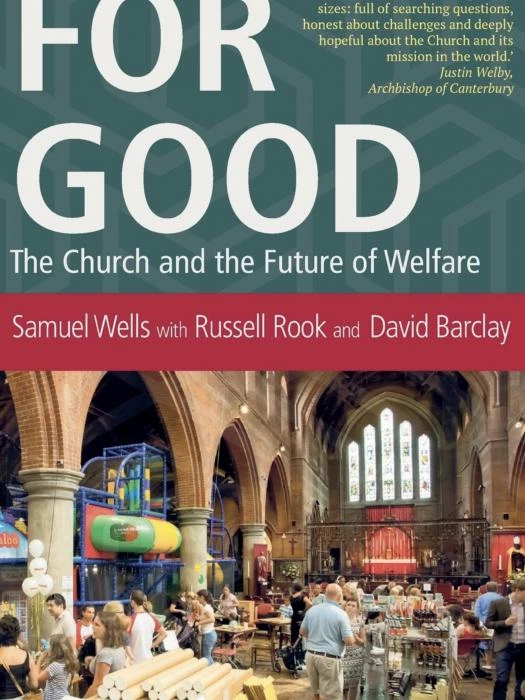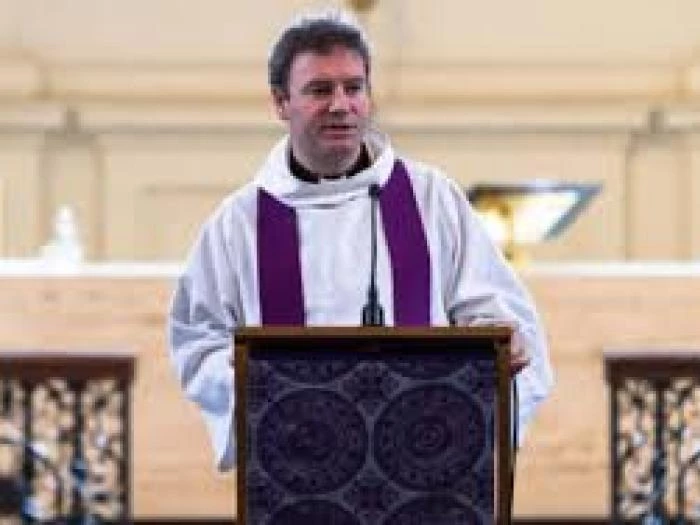For Good
FOR GOOD -- The Church and the Future of Welfare by Samuel Wells with Russell Rook and David Barclay was discussed on Saturday at the Good Faith Book Club. Although this was a short book, it was not a quick, easy one to read. It was initially met with mixed reactions. The role of Christians to speak truth to power and to campaign for social justice was thought to underrated. Later though, it was agreed that a balance had been presented between the place of the state and the part played by charities in welfare.
It was pointed out, that prior to 1948, the church used to educate the young, care for the sick and support those in distress, as well as worshipping God, preaching, praying and engaging in Bible study. In those days Christian benefactors worked hard to do these things, but the provisions they made were patchy and often tended to be amateurish. When, following the Beveridge Report, the state set out to combat want, idleness, ignorance, disease and squalor, most Christians were delighted and if they were alive to-day would see that living conditions, in this country, have generally improved far beyond their dreams.
Unfortunately, the deficits approach to maintaining welfare services has shown that though people's needs have been increasingly met, their wants will never be completely satisfied. The only ways to afford the increasing demands on the Welfare State are to borrow money, cut spending, raise taxes or involve charities and successive governments have tried to do these things, but with limited success. The authors believe, that the church can never hope to replace, what the state is more able to do, in order to keep the standard of living for most people at an acceptable level, but on the other hand, the church is never simply happy with eradicating deficits. It can respond in crisis situations on a short-term basis and it can cultivate assets. It can cherish individuals for what they can do, rather than what they cannot. The authors describe assets as relationships, creativity, partnership, companionship and joy.
Within the group, we discussed the arts of giving and receiving well. Gifts of money, though important, were seen to be less valuable than gifts of acceptance, interest, appreciation, support, encouragement, empathy, forgiveness, thanks, skills and time.
During a lifetime, it was considered that most people first accumulate debts towards society. Then in mid -life, they build up credit, only to revert to indebtedness in later life. However, no one needs to be deprived of the joy of giving and receiving and can be empowered to do both, by both Christians and non-Christians. It was agreed that Christians must guard against patronising and proselytizing, when undertaking charity work. There should be no ulterior motive, other than the love of God and humanity.
These thoughts then triggered a discussion about the future projects to be undertaken by Aylesbury Methodist Church and about ways in which loneliness, in particular, may be addressed.
Angela Smith
Get In Touch
Aylesbury Methodist Church & Centre
Buckingham Street
Aylesbury
Buckinghamshire
HP20 2NQ



